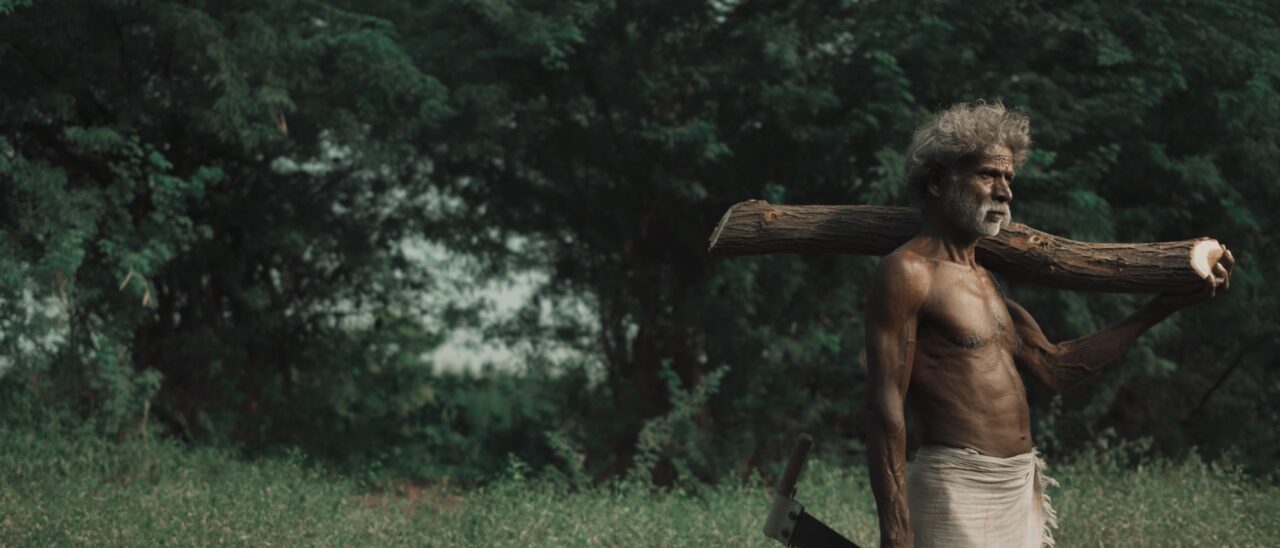
Forced Labour Slavery
Forced labour slavery uses deception, threats or violence to coerce someone to work for little to no pay. Although slavery has been outlawed in nearly every country, millions of men, women and children are working as slaves in brick kilns, rice mills, garment factories, fishing operations and many other industries.
Forced labour slavery is a violent crime. Physical and sexual assault are rampant. In many cases, IJM has documented forced labour slaves who have been beaten, gang raped, locked in tiny rooms, starved and even killed.
Victims who try to escape commonly report being tracked down, beaten and returned to the facility. But many victims of slavery don’t try to run away, because owners use fear and deception that traps them more strongly than physical locks and walls.
- There are an estimated 40.3 million people held in slavery today. [1]
- Children represent an estimated 26% of all forced labour victims. [2]
[1] Global Estimates of Modern Slavery
[2] International Labour Organisation. "ILO 2012 Global estimate of forced labour: Executive Summary."
One of the most common techniques used to entrap labourers is through false debts. An owner lures a poor person into slavery by offering a small advance payment for their labour. The owner then ensures it is impossible for the slave to ever repay by inflating the debt owed with exorbitant interest charges, not paying the victim the promised wages and prohibiting him or her from working anywhere else. These false debts can be passed from one generation to the next; we have identified entire families (from grandparents to parents to children) who have been forced to work for years after accepting advance payments as low as $20.
IJM combats forced labour slavery in Cambodia, Ghana, India, and Thailand.
Rescue Victims: We identify people trapped in slavery, partner with local authorities to conduct rescue operations and ensure each victim is legally emancipated and receives government support.
Bring Criminals to Justice: We advocate for police reports to be filed against owners or traffickers, and support prosecution of slave owners.
Restore Survivors: We create individualized care plans for each person to respond to trauma and pursue dignifying jobs and educational opportunities.
Strengthen Justice Systems: We provide hands-on mentoring for law enforcement, government officials and partner organizations. We also create social demand and advocate with state and national leaders to make ending slavery a top priority.